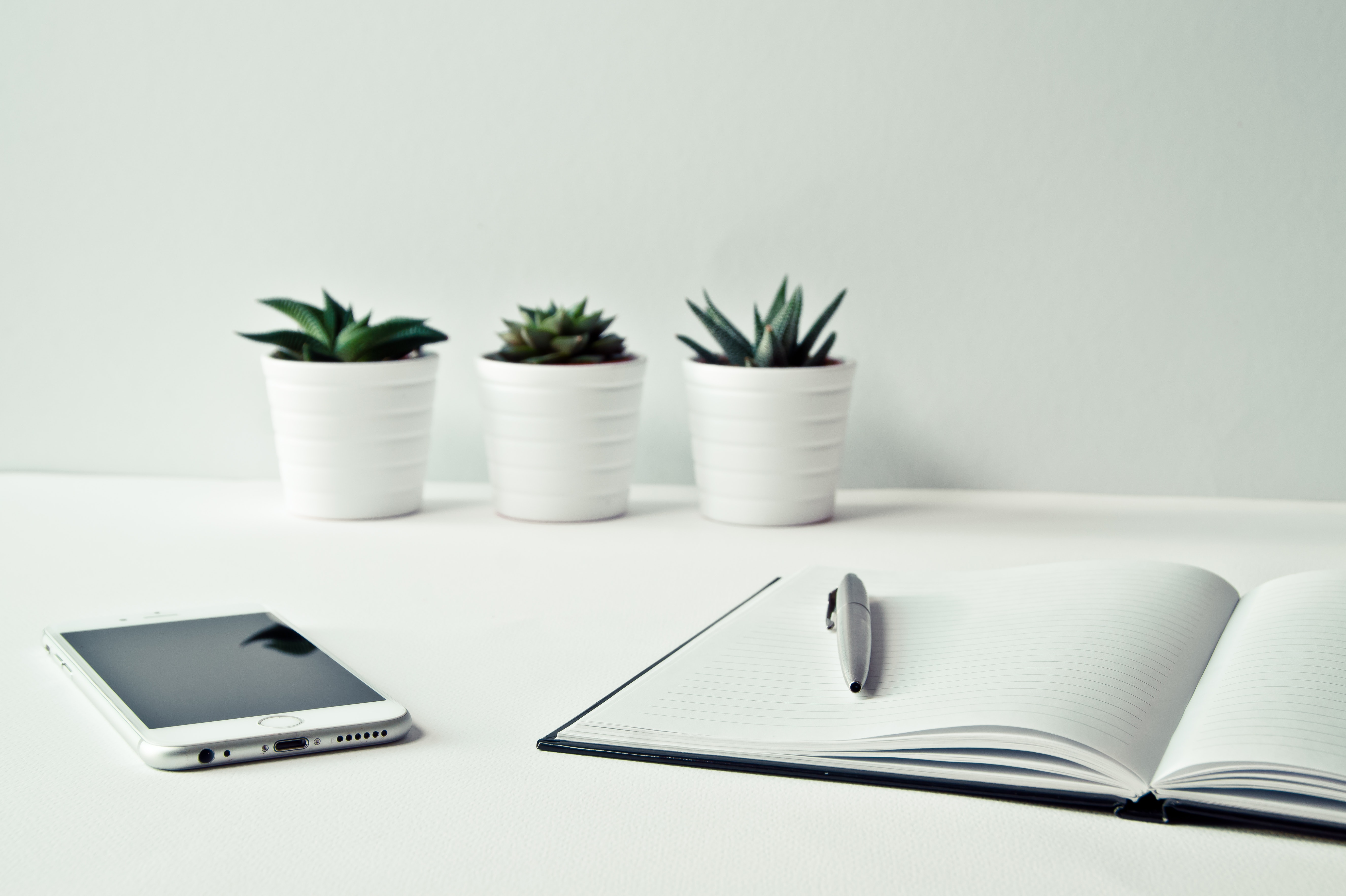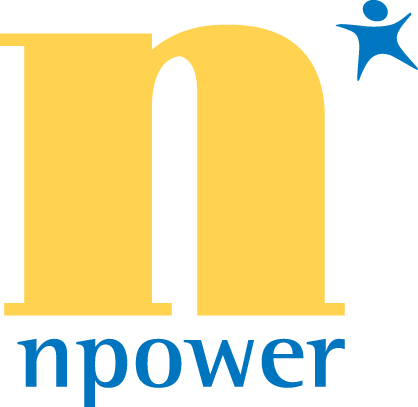Nsights Blog
Home > Nsights Blog
Pandemic-induced Professional Development
How are you doing? It’s a question you probably get almost daily from friends, family, and colleagues, For a while, my conversations were pandemic-heavy – how we’re isolating, managing the new patterns and locations of work, juggling the needs and desires of kids, enjoying the intense togetherness – and then complaining and worrying about the intense togetherness.
Wanting to get out of these emotionally draining conversations, I began to busy myself with what I’ll call pandemic-induced professional development. While I’ve always been interested in personal growth and development, now I’ve been consuming information and experiences as if it were daily, delicious scoops of ice cream. Oh, a webinar on maintaining personal wellness and balance? Check! A workshop on creating and delivering a podcast? Check! A five-week group coaching session? Check! You want me to read that great book you recommended? Purchased! What? Another book? Purchased!
Here’s a summary of a few professional development experiences.
As a member of a community of consultants in the American Society of Association Executives, a couple dozen of us met weekly as soon as the pandemic hit. These virtual forums were informal ways to share our challenges and get caught up on what our association clients were experiencing. We were creating a helpful community of people to lean on and learn from. As time went on, we met twice a month for informal conversation. Now we’ve decided a monthly forum works best, with specific topics. It’s a great lesson that a great learning opportunity doesn’t have to cost a thing. It doesn’t need a lot of structure. And, it’s ok to close it down, when the time comes. It’s been a true forum of experts who have self-organized and met the needs of a lot of people.
Okay, this one might not fit the bill as professional development but it’s definitely personal development. I truly believe in the power of moving meditations. Whether you’re walking and reflecting, practicing yoga, or writing in a journal, there’s value to moving your body while your brain is in action. My recent moving meditation has been origami, the Japanese art of paper folding. In Japanese American families, we often fold one thousand paper cranes for engaged couples wishing them happiness and good luck. I may not have folded a thousand, but I did several dozen, and I folded when I was on pandemic conference calls! Check out the photo.
For five weeks I participated in group coaching sessions led by Lisa Mohl Kaplin. It was the exact right mix of information sharing, reflection, homework assignments, and group chat. Because of my consulting work, I’m frequently focused on a client’s organizational goals and strategies. I haven’t taken the time to plan my own future and the timing was great to hunker down and fully participate. New goals and intentions were created, ON PAPER, and I’m beginning to execute quite a few. Ah, the power of the pen and accountability! Check her out at lisakaplin.com. She’s amazing.
This last activity might be called decluttering, but I’m reframing it as professional development. Reviewing electronic files made me prioritize the “keepers” from the irrelevant, and maintain what was timeless and delete the dated. Now I have folders of pared-down, useful information instead of a huge reservoir of resources. I rediscovered some great workshop content and activities. And, I discovered waaaay too many versions of basically the same document. My folders and my brain are a little less cluttered now!
What have you done to empower yourself with information?
What have you done to strengthen or stretch your skill-set?
How have you connected with others for professional development?
Practical Habits to Successfully Work from Home
For many right now, adapting to and managing a home-based office is the new norm. I’ve been thriving in this work environment for decades so I thought I’d offer some simple yet effective habits to be more productive, effective, and healthy at work. Here are a few nuggets – experiment and keep what works for you!
Set boundaries.
Create a dedicated workspace so all of your materials and supplies are easy to find and use. Losing paperwork and materials will only cause frustration and waste time. Let others in your household know when you’re power-working. When I worked at a university I had a little sign on my door with my “open door policy.” That sign indicated that if the door was wide open, come on in! I’m ready and willing to be interrupted and enjoy your company. If the door was closed halfway, I’m focused but can be interrupted for important questions and conversation. Finally, if the door is closed, I’m power-working. I can’t and don’t want to be interrupted because I have a looming deadline or need to focus on the project at hand. Other colleagues who don’t have a door and work in cubicle-land, printed photos of a traffic signal and told people Red light = stop. Do not enter. Do not interrupt. Yellow light = exercise caution. Knock gently but know I’m focused and don’t have time for a lot of chit chat. Green = go. Extrovert with me!
Watch your coffee intake.
When you make a pot of coffee at the office, you’re sharing the whole pot with others. When you’re at home, you can accidentally consume 12 cups. I might be talking from bad experiences here… ?
Take breaks – physical, mental, meals.
If you took snacks to the office, you probably measured out the number of Wheat Thins in a baggie. You may have brought one apple and one banana. Now you’re in your home with an entire pantry and refrigerator right in the next room. It’ll be easy to stand in front of those giant vessels of food and snack more than you normally would. Plan your snacks. Every day I have a small snack at 10 a.m. to break up my morning. I call it a “Tennie.”
An association client of family physicians once told me, “Sitting is the new smoking.” Be sure to take physical stretch breaks so you don’t spend hours on end hunched over your desk. Even if you have to set a timer, get up and move at least once an hour; preferably more. Sometimes I have to set an alarm on my phone to remind me to do that.
Mental breaks can be overlooked but equally, if not more, important. During these stressful times when people can’t stop talking about how social distancing is affecting them, take care of your stress levels and pay attention to your own anxiety. If you’re up to your eyeballs in posts, newscasts, and friends/family talking about the virus, let them know and focus on self-care. Moving meditations like a quick walk around the block work for me. Use simple apps like Calm, Breathe, Simple Habit, and Down Dog all offer short (or long) guided meditations to clear and calm your mind.
Calendarize what’s important to you.
When you find yourself saying, “We should do lunch,” to a colleague or want to get together for coffee, add it to your calendar. I’ve set Zoom and Google Hangout dates with others so I see faces, work collaboratively, connect as humans and not just voices on a phone, and laugh.
What’s important to me during this time is to support small businesses. I’ve committed to ordering take-out from my favorite mom-and-pop restaurants and “have lunch” while on those calls with friends, family, and close colleagues. Heck, I would have gone out to lunch with them anyway, but now I’m eating across from them at my desk and not in the restaurant.
Bookend your day.
This is a critically helpful tip that I’ve used for years. At the beginning of each day I review my daily and weekly to-do list and reset by creating a realistic course of action for the day. I focus my first few hours on the important work, then I start email. Long ago I read Julie Morgenstern’s book, “Never Check Email in the Morning.” Basically, she said that email is an “uninvited guest” and just because it lands in your in-box doesn’t mean it’s the most important thing to address. It’s a helpful message, even for those of us in member service industries.
Finally, I end my day by filing papers, clearing my desk, and making tomorrow’s to-do list. It’s a great way to transition to dinner and my family since the commute is basically 20 steps away. Without a drive home from a workplace, I need that time to decompress and switch my brain to home-mode. And, the next day I get to start all over with a clear, uncluttered desk.
Hang in there!
#Acknowledge20
Photo by Ylanite Koppens from Pexels
